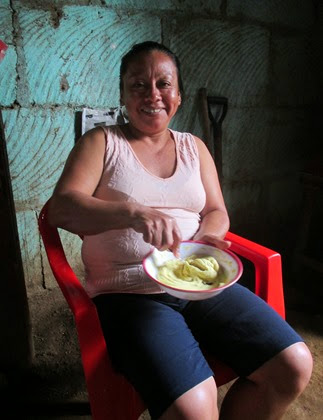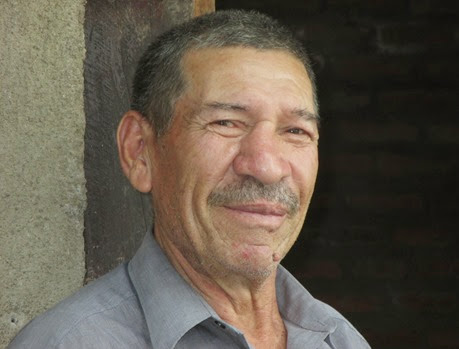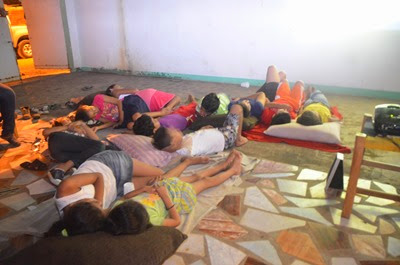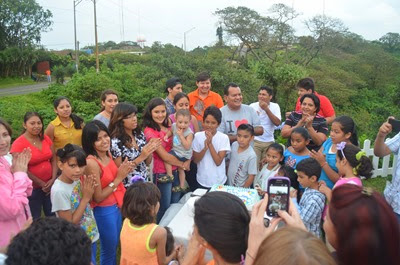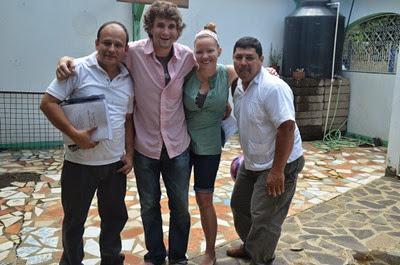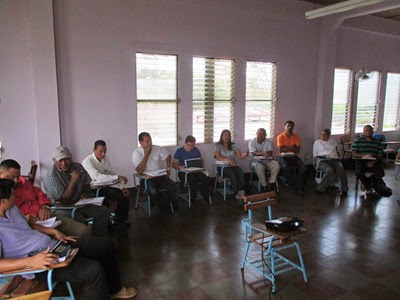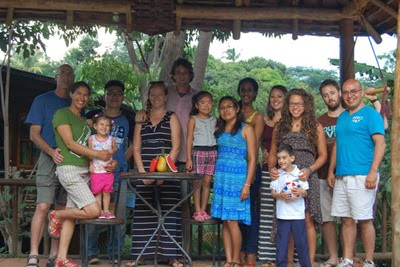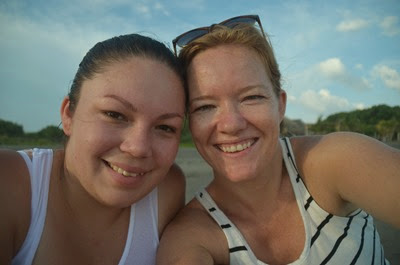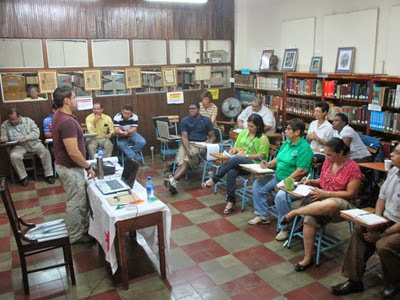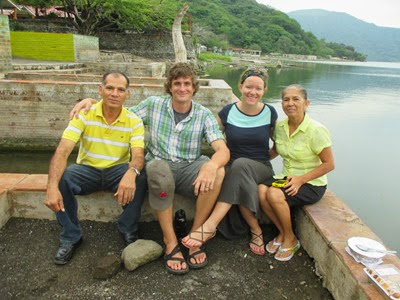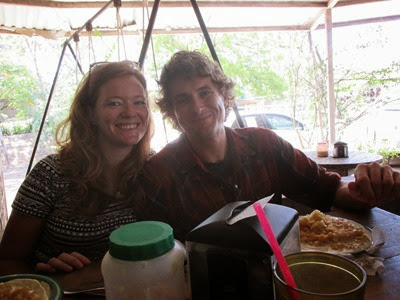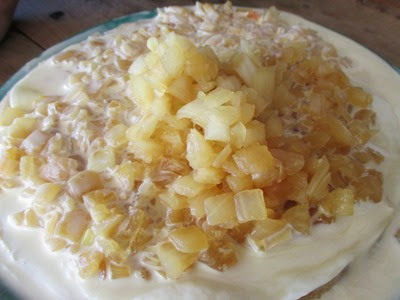What did it mean for you to turn in your guns, boots and backpacks? The turning in of our guns and uniforms was very difficult, we were trained to live with them. Sometimes we said that our guns were our “wives” or “our family.”
What does the word reconciliation mean to you? Before we utilized this word when couples would get back together, forgetting their past and having joy in the present. Now this word means much more than return and reconcile, because our country has hardly ever had peace, our country signals that we have lived in war, much more than peace, from the period of colonialism and Spanish conquest, to the internal wars, with reconciliation we have learned to recognize our rights.
As I sifted through these assignments this past week, I was once again captivated. The resilience, strength and bravery of each individual is obvious. There are some that continue to struggle with Post Traumatic Stress Disorder (PTSD) symptoms, one man shared that he always needs to sleep with his radio on to avoid silence, and that the fireworks that are set-off around Christmas (and pretty much year-round) always make cause anxiety and remind him of the bullet. Yet he is a successful business owner, is happily married and loves being a father of two.
-------------------------------------------------------------------------------------------------------------------------------------------------------------------------------------------------------------
Interview Observations by Salvador Herrera
The difficult moments of a solider are unimaginable for me. From insects crawling on one’s body to the deep fear of death or the worries of helpless family members, each life that has been in an armed conflict is marked by a life of suffering.
The process of reconciliation as a friendly unity, becomes complex in the life of one who has been demobilized, their reconciliation lies not in peace with the enemy, but peace within oneself. The memories of what you did or did not do seem to be an internal battle that directs one’s life and are difficult to leave behind.
Inner health in each ex-combat is necessary to continue a healthy day to day life. Blame and remorse need to be let go, but this process is painful and difficult and this is our challenge as peacemakers. We can bring these individuals an assistance that allows them to live with dignity and reconciliation with themselves, with their neighbor and with God.
Peace as the absence of war is just the beginning of real reconciliation. Today there are still many who suffer because of the consequences of war. There are some who have overcome the pain of the war, privileged to realize their life work and have emotional, social, economic and spiritual stability. But there are others who do not find peace in the absence of war. We are called to restore their value and show them the best example that we have of reconciliation, Jesus Christ, our peace.
The peace that the world gives does not compare to the peace of God. The world does not know the peace that God offers, it cannot be taught in words. We need to embody the peace of God, living it daily, without blemish or hypocrisy.
A peacemaker must be able to transform others, but at the same time, be transformed himself, journeying down the road of peace. Reconciliation can lead us on difficult journeys, but at the end there is joy.
An armed conflict threatens the life of each person who carries a weapon, but when the weapons are no longer preset, traumatic experiences threaten the peace of each carrier. Reconciliation is a journey for both internal and external health. It would be easy if there were not so many social and cultural barriers. Reconciliation is to achieve peace, but to achieve this peace, we must be willing, making an effort with hearts that are filled with love, joy, tenderness and forgiveness.
In this journey, we are needed. We need agents of peace called to bring the good news to those who are in conflict. Our learned tools and skills allow us to work with the gift of God’s spirit and present to the world, the true message of peace in God, through Jesus Christ our reconciler.

